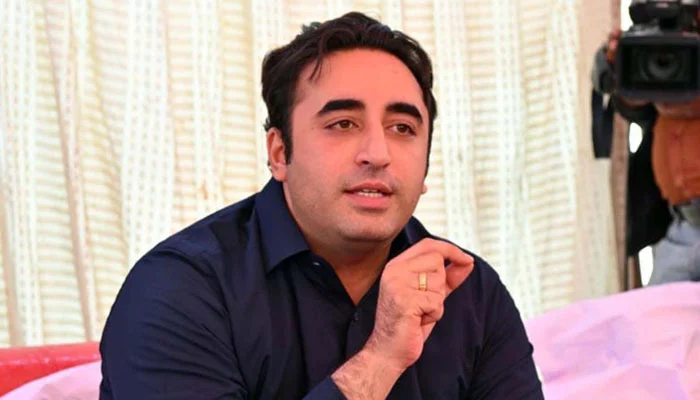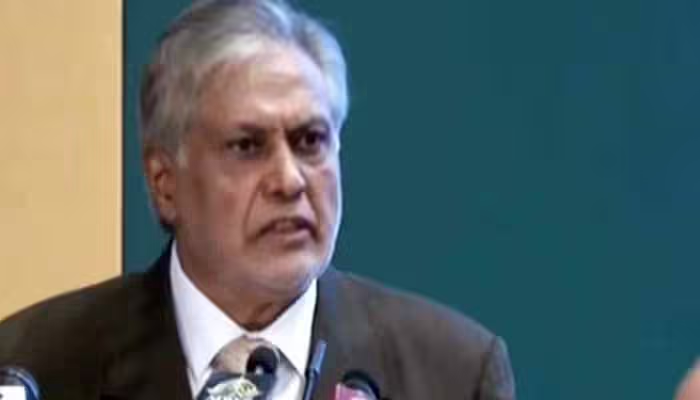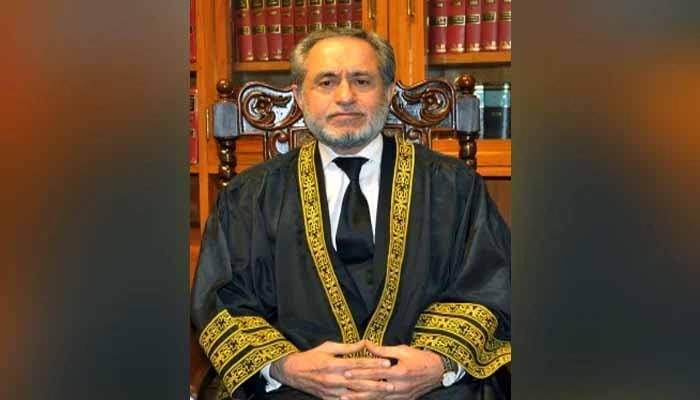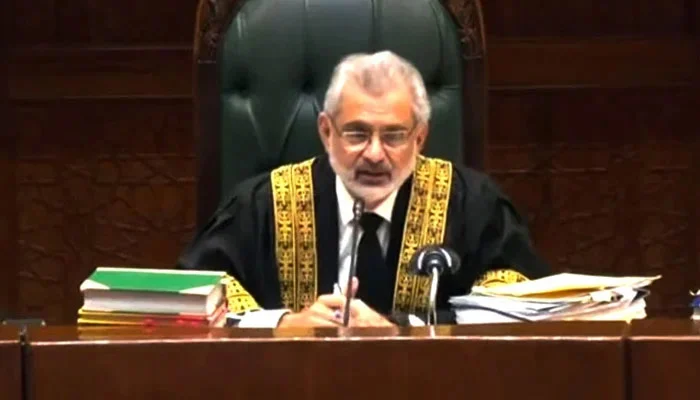During a visit to Thar, a journalist posed a question to Bilawal Bhutto Zardari, the Chairman of the Pakistan Peoples Party (PPP), regarding the malfunction of Reverse Osmosis (R.O.) plants valued at 22 billion rupees.
The journalist inquired about the status of the R.O. plants and their reported dysfunction during the PPP Chairman’s Thar tour. In response, Bilawal Bhutto Zardari directed the journalist to ask him questions but refrained from providing a political opinion on the matter.
Bilawal Bhutto Zardari acknowledged the changes that have occurred since the incumbent government took office and noted that delays in various projects could be attributed to the transitions brought about by the new administration. He alluded to the fact that the Thar region has witnessed changes due to the recent change in government, possibly leading to certain disruptions in ongoing initiatives.
Further elaborating, Bilawal Bhutto Zardari highlighted the challenges faced in the smooth operation of the R.O. plants, emphasizing the non-release of funds by the federal government as a key hindrance. He suggested that the delay in the release of funds has hindered the private company responsible for the R.O. plants from undergoing the necessary transition.
The PPP Chairman’s response sheds light on the complexities involved in the execution of developmental projects and the potential impact of political transitions on their continuity. Bilawal Bhutto Zardari’s decision to refrain from providing a political stance on the issue may reflect a nuanced approach to acknowledging the broader challenges faced by the region rather than solely attributing issues to political considerations.
The Thar region in Sindh, known for its arid conditions, has been the focus of various development projects, including R.O. plants aimed at addressing water scarcity issues. However, the malfunctioning of such crucial infrastructure points to the intricate nature of governance and development, where political transitions, financial constraints, and operational challenges can collectively impact the success of initiatives.
While Bilawal Bhutto Zardari’s response indicates a recognition of the obstacles faced in the implementation of projects in Thar, it also raises questions about the mechanisms in place to address such challenges and ensure the continued functioning of vital infrastructure. The issue brings to the forefront the importance of collaborative efforts between federal and provincial authorities, as well as the need for sustainable funding mechanisms to support ongoing projects.
The journalist’s inquiry and Bilawal Bhutto Zardari’s response underscore the complexities and challenges inherent in the execution of developmental projects. The malfunction of R.O. plants in Thar serves as a reminder of the intricate interplay between politics, governance, and infrastructure development, necessitating a comprehensive and collaborative approach to address the needs of the region and its people.



